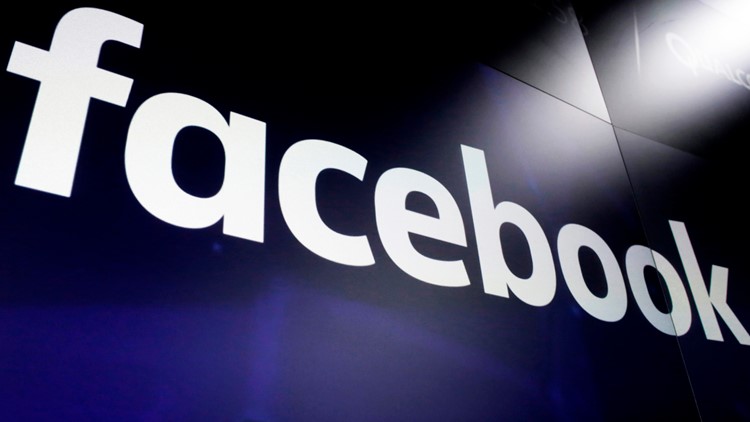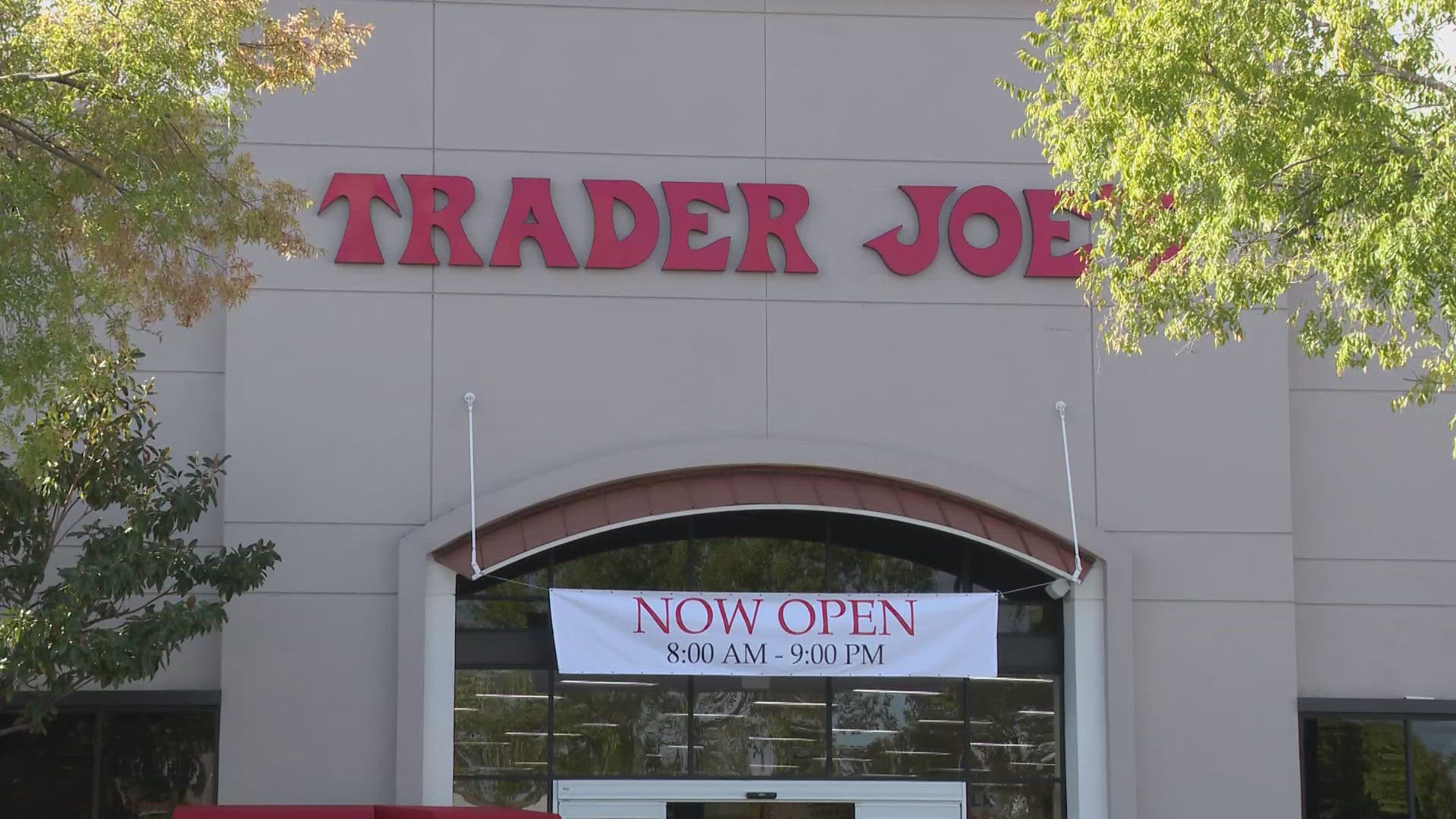WASHINGTON — Federal regulators on Wednesday sued Facebook, seeking forced divestment of its Instagram and WhatsApp messaging services. In a separate case, 46 states and two districts accused the company of abusing its market power in social networking to crush smaller competitors.
The antitrust lawsuits were announced by the Federal Trade Commission and New York Attorney General Letitia James.
“It’s really critically important that we block this predatory acquisition of companies and that we restore confidence to the market,” James said during a press conference announcing the lawsuit.
The FTC said Facebook has engaged in a “a systematic strategy” to eliminate its competition, including by purchasing smaller up-and-coming rivals like Instagram in 2012 and WhatsApp in 2014. James echoed that in her press conference, saying Facebook "used its monopoly power to crush smaller rivals and snuff out competition, all at the expense of everyday users.”
Facebook is the world’s biggest social network with 2.7 billion users and a company with a market value of nearly $800 billion whose CEO Mark Zuckerberg is the world’s fifth-richest individual and the most public face of Big Tech swagger. Facebook did not have immediate comment.
James alleged Facebook had a practice of opening its site to third-party app developers, then abruptly cutting off developers that it saw as a threat. The lawsuit — which includes 46 states, Guam and the District of Columbia — accuses Facebook of anti-competitive conduct and using its market dominance to harvest consumer data and reap a fortune in advertising revenues.
“For years, Facebook has used its monopoly power as a social networking website to stifle competition and innovation and to sell alarming amounts of user data to make money, all at the expense of the many people who use its platform," North Carolina Attorney General Josh Stein, who was on the executive committee of attorneys general conducting the investigation, said in a news release.
James said the coalition worked collaboratively with the FTC but noted the attorneys general conducted their investigation separately.
Facebook paid $1 billion for Instagram, bolstering the social networking platform’s portfolio a month before its stock went public. At the time, the photo-sharing app had about 30 million users and wasn’t producing any revenue. Zuckerberg vowed both companies would be run independently, but over the years the services have become increasingly integrated. Users are now able to link accounts and share content across the platforms. Instagram now has more than 1 billion users worldwide.
Facebook acquired WhatsApp, an encrypted messaging service, for $19 billion. When Facebook bought WhatsApp, it said it “fosters an environment where independent-minded entrepreneurs can build companies, set their own direction and focus on growth while also benefiting from Facebook’s expertise, resources and scale. This approach is working well with Instagram, and WhatsApp will operate in this manner.”
But in the coming years, the founders of both Instagram and WhatsApp left Facebook amid disagreements with Zuckerberg. Facebook has started to integrate Instagram and WhatsApp, most recently by linking the apps’ chat functions with its Messenger service. Such integration could make it more difficult to break off the companies.
Tech industry group NetChoice quickly panned the lawsuits, saying the actions are “more about advancing ambition than consumer interests. The case for antitrust enforcement against Facebook has never been weaker as new social media and digital ad providers like TikTok and Snapchat overtake older services,” said Carl Szabo, Vice President and General Counsel of NetChoice.
___
Sisak reported from New York. AP journalists Barbara Ortutay in Oakland, California, and Gary D. Robertson in Raleigh, North Carolina, contributed to this report.



